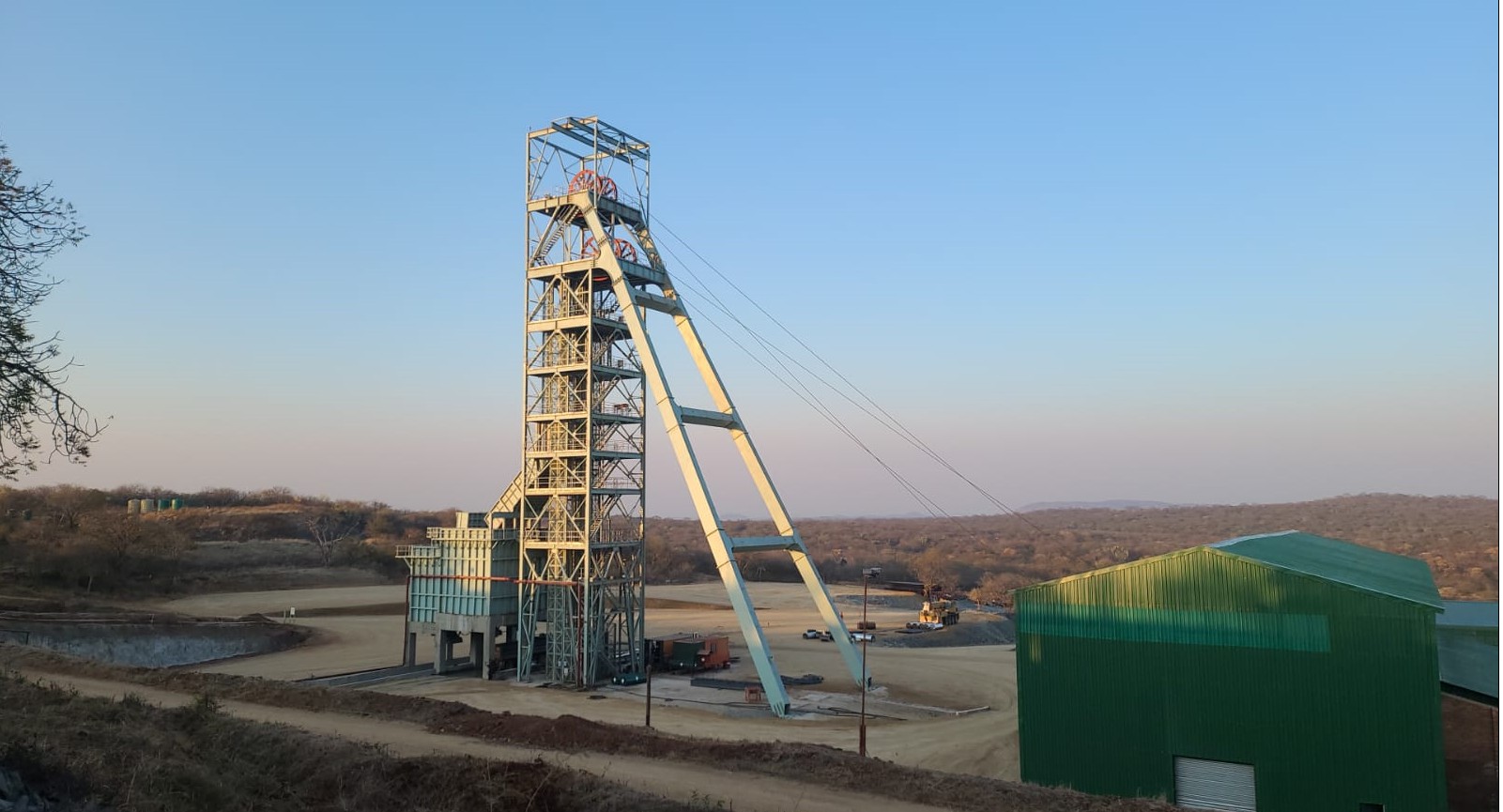Power supply situation worries companies
Zimbabwe’s power supply situation remains a significant operational risk for several companies that end up using expensive alternative sources.
The coming on board of Hwange Unit 7 has somewhat improved generational capacity, but the output still falls short of demand.
Total power supply from generation and imports ranges from 1000 MW to 1350 MW against the economy’s demand that ranges between 1500 MW to 1700 MW.
Business and experts are of the view that the current power crisis has no quick-short term solution and the continued national power shortages have resulted in an increased cost of doing business.
Old Mutual Zimbabwe chief executive, Samuel Matsekete, at a recent briefing said power supply challenges have been disruptive to several companies.
“The issue of power is quite significant in the businesses that we operate and in the manufacturing sector and it has disrupted quite significantly the bigger players.
“Unit 7 in Hwange has been commissioned, and we hope it will start to alleviate some pressures, depending on how the power is distributed,” he said.
Analysts contend that given relatively high fuel prices, solar energy becomes the next best and optimal energy source, however, installation lag for heavy energy consumers may be discouraging for continued production in the short to medium term.
Brick manufacturing company, Willdale said poor electricity supply has hampered its operations, particularly in the extrusion and firing of structured kilns, resulting in reduced output.
The firm’s chief executive, Nyasha Matonda, at an annual general meeting of the company, said the electricity supply situation remains poor, with load shedding averaging eight hours a day.
“Running at such low throughput puts pressure on product availability, as well as on efficiencies and cost per unit,” he said.
Willdale specialises in manufacturing and marketing bricks for the construction industry. The manufacturing process requires significant and constant power supply.
The country’s sole conveyor belts manufacturer, General Beltings, in its recent financials said overall it expects to deliver an improved performance in 2023 although the supply of power for industrial purposes remains a significant operational risk that threatens the growth momentum.
Overall group volumes at 944 tonnes in 2022 declined from the 1488 metric tonnes recorded in the prior year, which included 514 metric tonnes of Covid- 19 related business.
Total group turnover at $3 billion was an increase of 53 percent when compared with prior year’s $2 billion attributable to the increased market consolidation and product mix.
Economist, Dr Prosper Chitambara, said the issue of power is a big challenge, but in the short term there has been an improvement and the hope of Hwange 8 coming onboard would improve the situation.
“However, we are not sure when that will be done and we are going into winter and demand for electricity will increase and this is going to be a difficult period for companies and households,” he said.
The country was plunged into the current power situation partially by the effects of climate change, as water levels at the Kariba Dam have significantly reduced the Kariba Power Station’s generation capacity.
On other hand perennial challenges at Hwange persist while the small thermals are non-operational most of the time.
Economists believe the power crisis will have a serious impact on the economy if not resolved and has potential to reverse the short term gains on price stability.
Former Reserve Bank of Zimbabwe (RBZ) monetary policy committee member and economist, Eddie Cross, recently said government and private sector should play ball together to find long term solutions to power.
“The power crisis will have a very serious impact on the economy if it is not resolved. It will increase the cost of doing business and may make a lot of economic activity impossible,” he said. FBC Securities in its first quarter 2023 report, said the macroeconomic stability remains fragile, owing to a gloomy global outlook, perennial power shortages, depressed aggregate demand and uncertainty around the upcoming elections.
Construction firm, Masimba Holdings, said disruptions in supply chains are being compounded by the Russia – Ukraine conflict which has resulted in imported inflation.-ebusinessweekly










